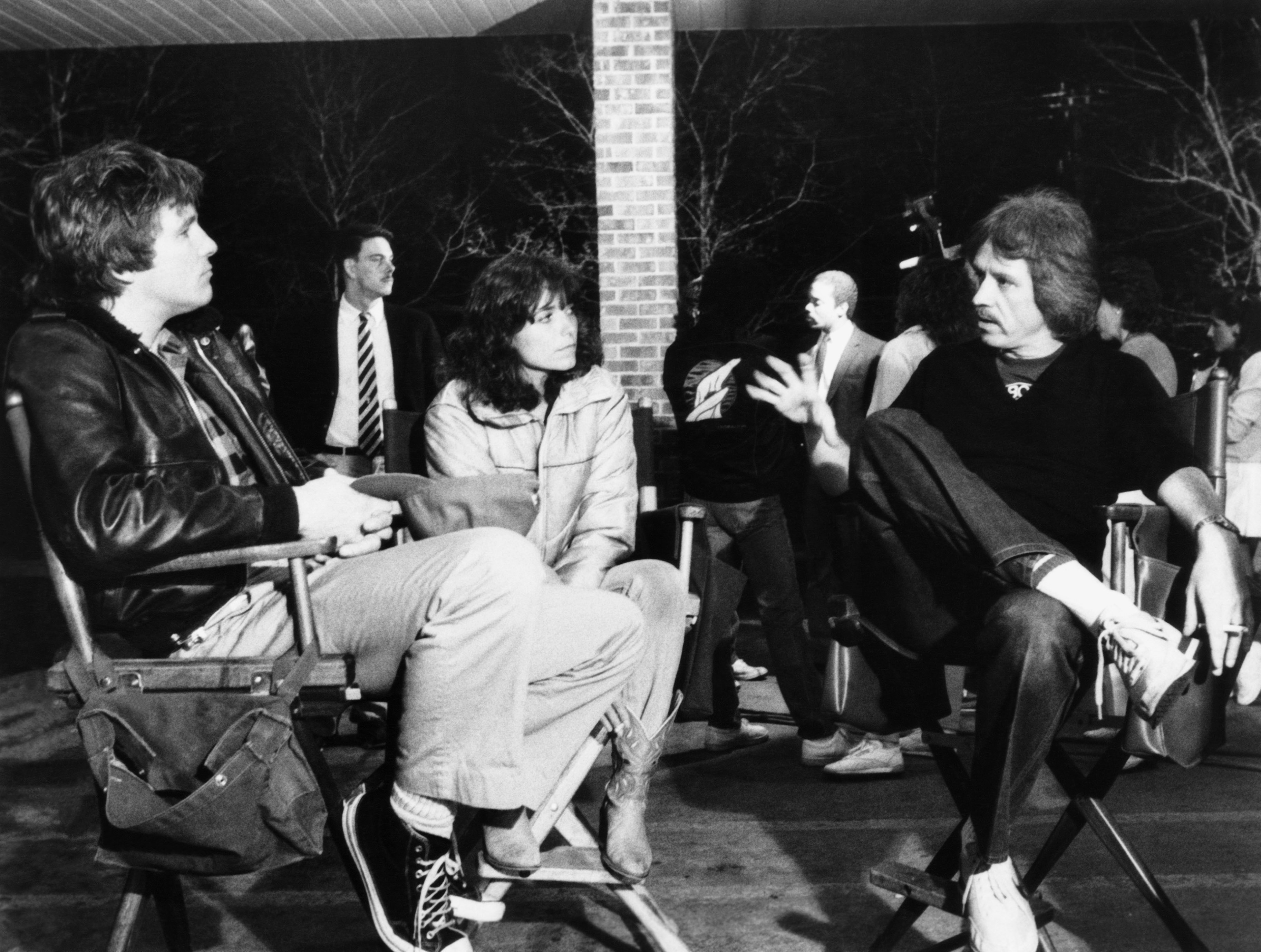MARY LOUISE KELLY, HOST:
To other news now – drugstore giant CVS wants to buy the insurance company Aetna for $69 billion. This would be a huge deal with ramifications for the whole health care industry, and we’re going to explore now why these two companies want to pair up. I have a hint for you, which is, it may or may not have something to do with an online giant named Amazon.
NPR business reporter Alina Selyukh is here to walk us through all this. Welcome.
ALINA SELYUKH, BYLINE: Hello.
KELLY: So what’s the driving force behind this merger? Why do CVS and Aetna want to get together?
SELYUKH: Well, in many ways, this was kind of the logical next step both for CVS and Aetna. They’re both already feeling pressure in core businesses from competitors like UnitedHealth. Aetna had tried to grow by buying a rival insurer, Humana. The government interrupted that merger. And as for CVS, it’s a company that spent the past few years attempting a bit of a metamorphosis. They’re trying to shed the image of a corner drugstore and become a health care company. And this merger could help that.
KELLY: What does that mean – to become a health care company? Has CVS shared what their grand vision is here?
SELYUKH: The head of CVS, Chief Executive Larry Merlo, has been using this catchphrase America’s front door to health care. And one of the things that companies are promoting is this plan for a nationwide network of community medical clinics. The idea is to use CVS locations, of which there are 9,700, and turn them more into clinics where you can get a wide array of basic health services like seeing a nurse practitioner, getting some labs, dealing with chronic conditions like high blood pressure or diabetes.
KELLY: Ok. So I mentioned the name Amazon – threw that into our conversation a moment ago – Amazon, which does not run health care clinics yet.
SELYUKH: No, not yet.
(LAUGHTER)
KELLY: But they do sell a lot of the things that you could walk into a CVS and buy like your toothpaste, your Band-Aids, whatever. Why is Amazon a factor here?
SELYUKH: So it depends on whom you ask whether Amazon even is a factor. Amazon has a powerful and threatening backstory. It forced major bookstores out of business, and so its share – its shadow often looms larger than any kind of specific thing the company might do.
So remember; Amazon bought Whole Foods. Immediately after that, there was a – epic predictions of just how the – Amazon might use those physical locations to become the store that sells you everything. And so that kind of a spread to pharmacies as well – Amazon has been coming up on earnings calls in the health care industry, including for CVS, whose CEO, Merlo, was asked about the threat of Amazon earlier this year. Here’s what he said.
(SOUNDBITE OF ARCHIVED RECORDING)
LARRY MERLO: Listen. There’s no question that Amazon is a competitor in the marketplace. They’ve done a great job. And you don’t take anything that they’re doing for granted. But at the same time, I think that we have a lot of capabilities and a value proposition that can compete effectively in the market.
SELYUKH: In short, CVS is just kind of watching Amazon for now.
KELLY: Well, and Alina, what do we know about Amazon’s ambitions? I mean, does Amazon want to get into the prescription drug business?
SELYUKH: The company itself does not say, but analysts have been reading various tea leaves to speculate about Amazon’s plans. And some even think that the merger of CVS and Aetna was a defensive move against that possibility. But I also spoke with an industry consultant, Adam Fein, president of Pembroke Consulting. And he is a skeptic.
ADAM FEIN: We actually know almost nothing about what Amazon wants to do. And so I think the speculation about Amazon has far, far exceeded anything they’ve said or hinted at.
SELYUKH: Fein points out that the big money in prescription drugs is not in selling your routine meds for cough or blood pressure, which is kind of implausible Amazon territory. But it’s the expensive specialty drugs for very serious conditions like cancer or MS.
KELLY: Right.
SELYUKH: Plus, many people may not realize that CVS already has a foot in the insurance business. It makes a lot of its money serving as a sort of middleman, negotiating prices of prescriptions between insurers and drug companies. All of that makes for very tough competition for a company like Amazon to enter after never being in the health care industry before.
KELLY: That’s NPR’s Alina Selyukh. And you heard her here on NPR News.
Copyright © 2017 NPR. All rights reserved. Visit our website terms of use and permissions pages at www.npr.org for further information.
NPR transcripts are created on a rush deadline by Verb8tm, Inc., an NPR contractor, and produced using a proprietary transcription process developed with NPR. This text may not be in its final form and may be updated or revised in the future. Accuracy and availability may vary. The authoritative record of NPR’s programming is the audio record.



